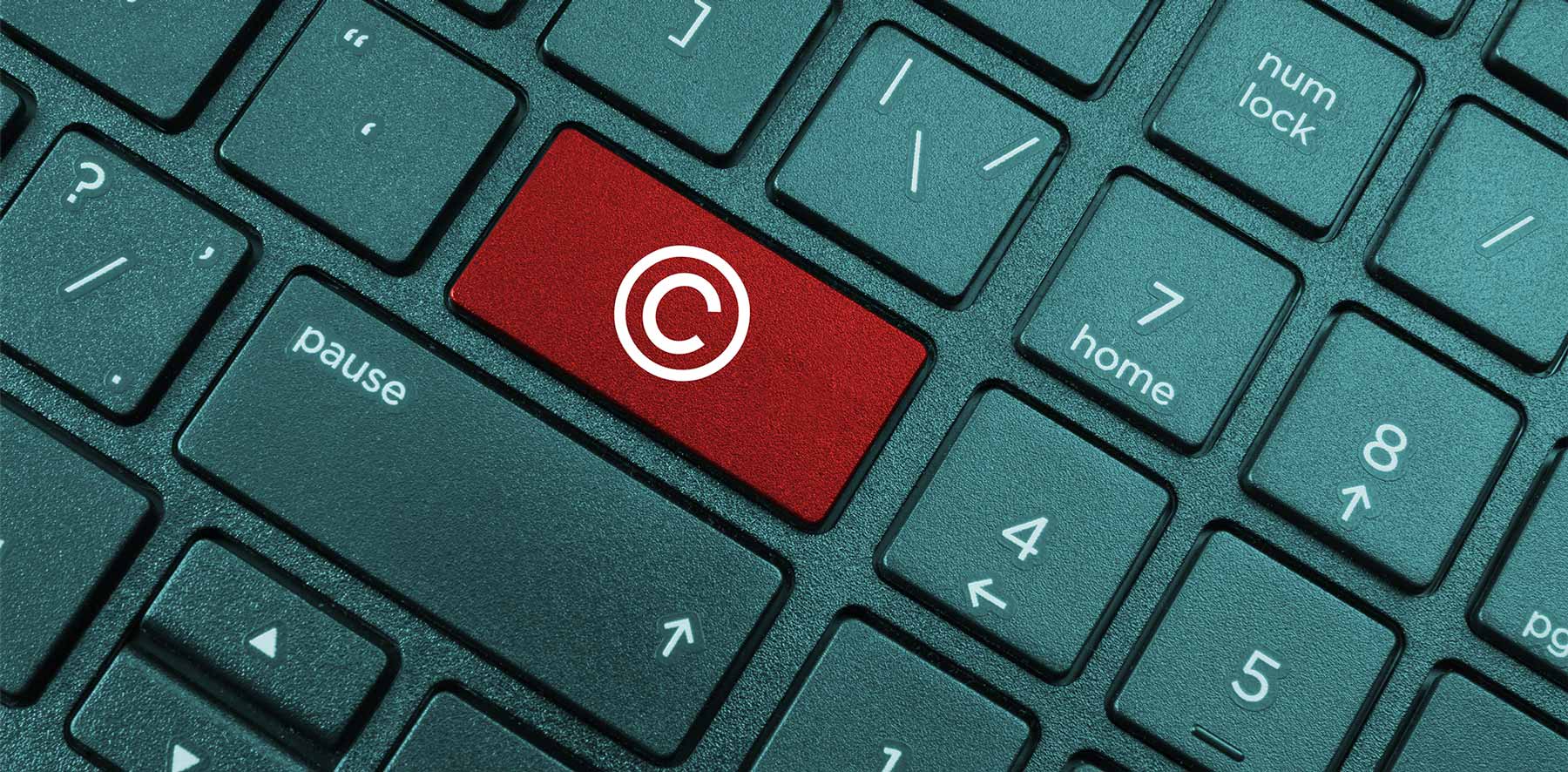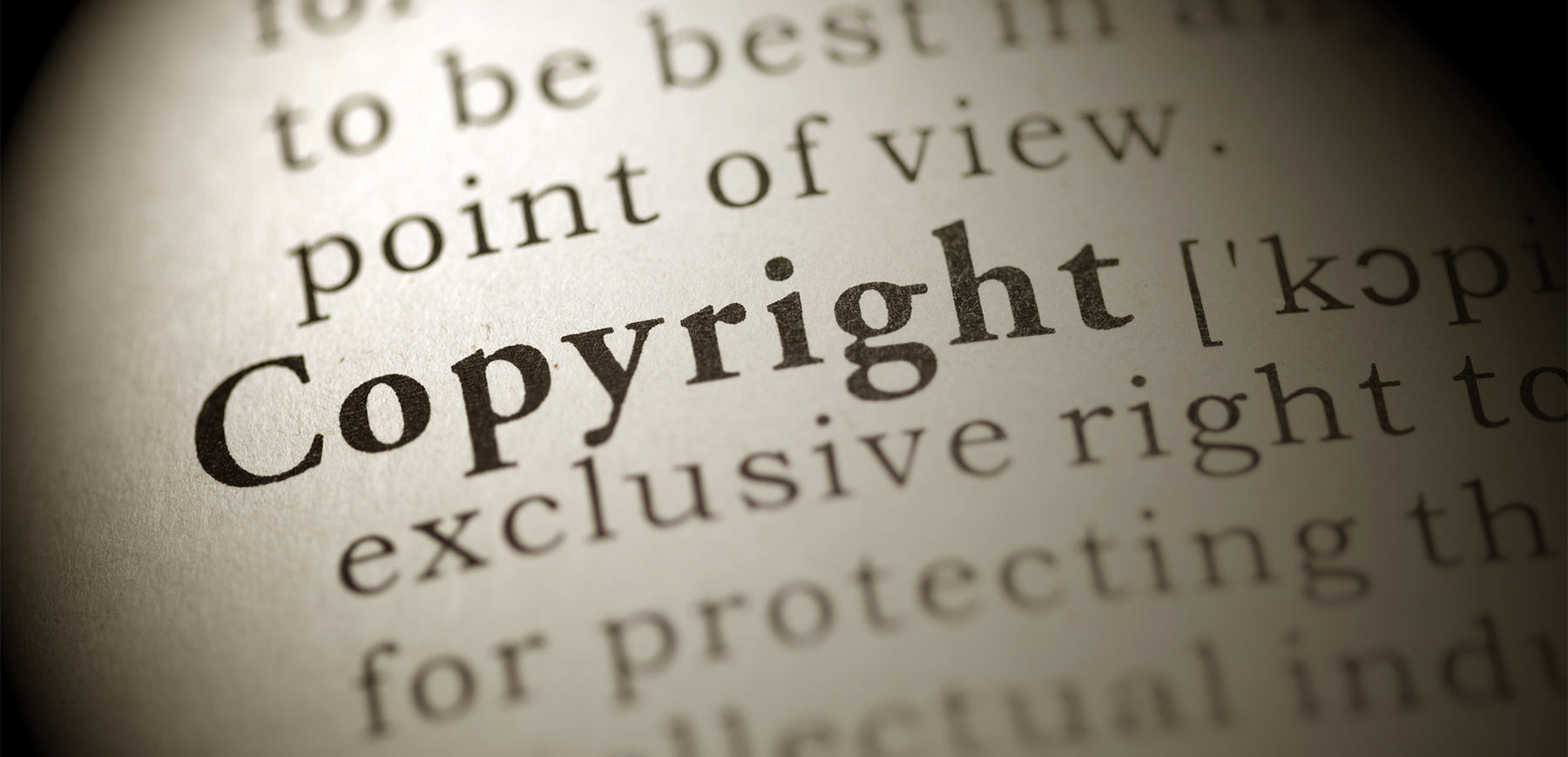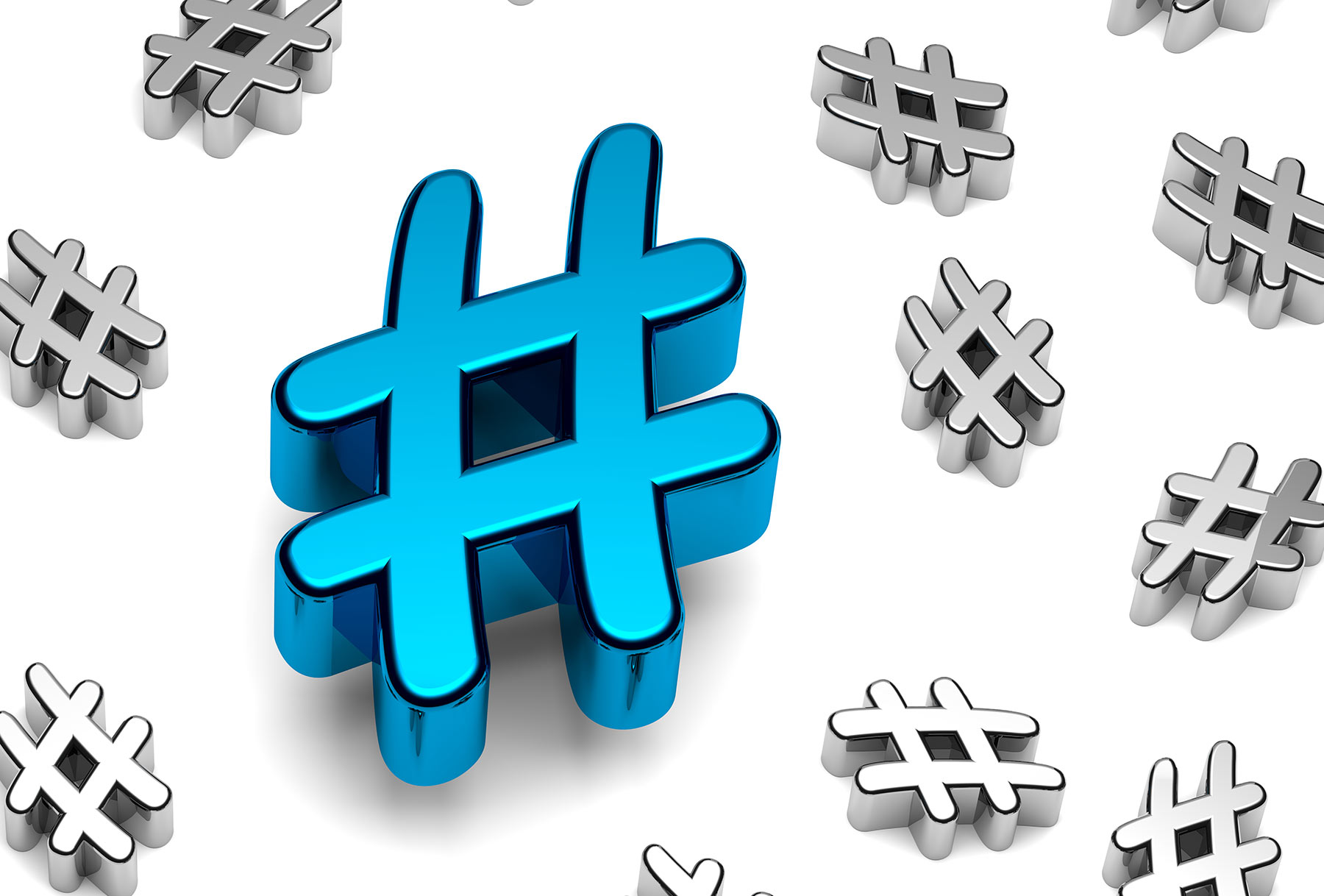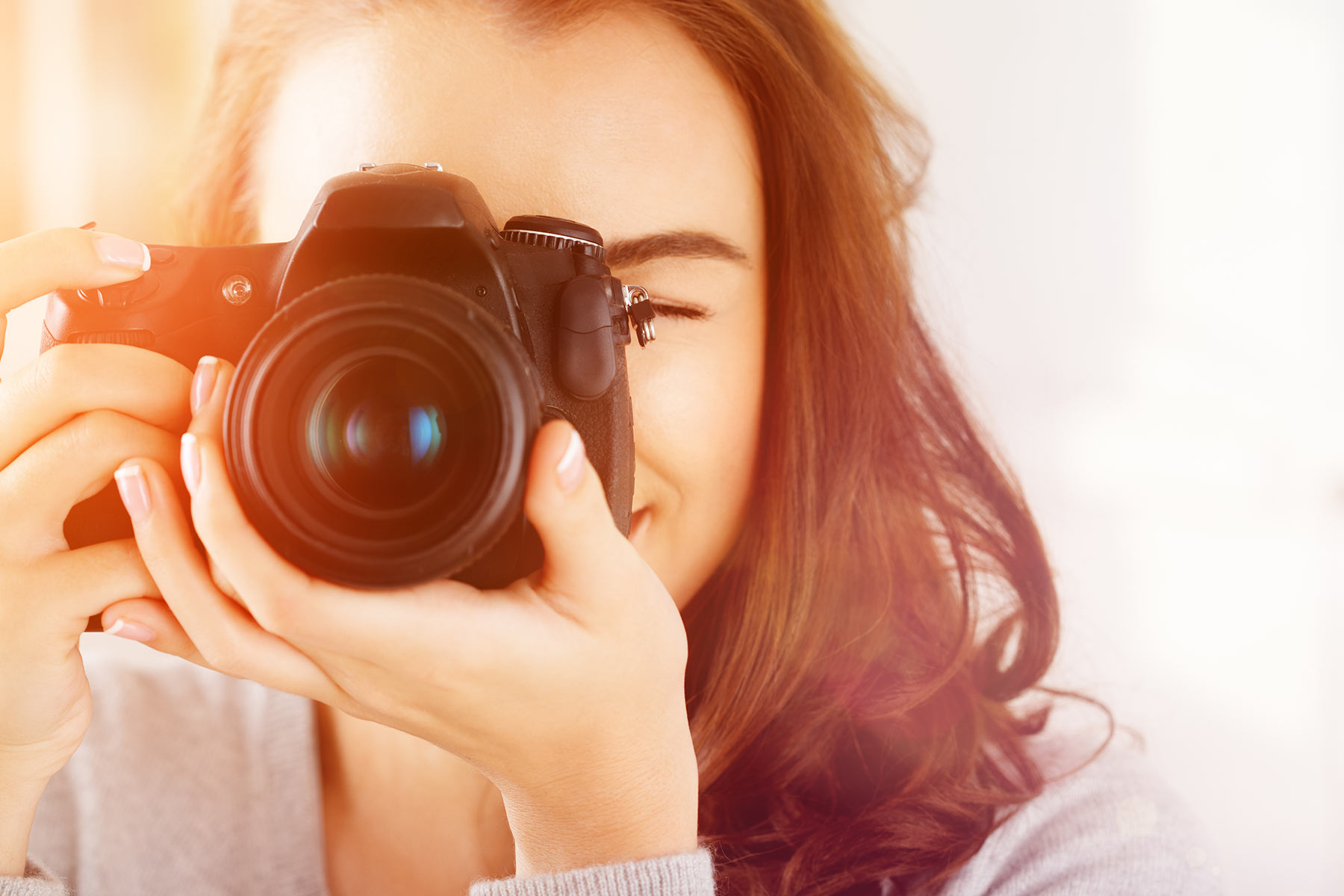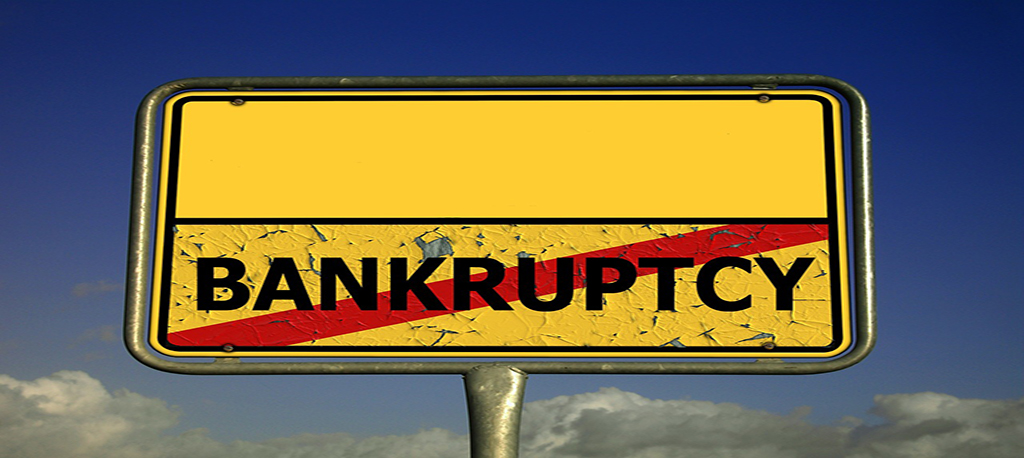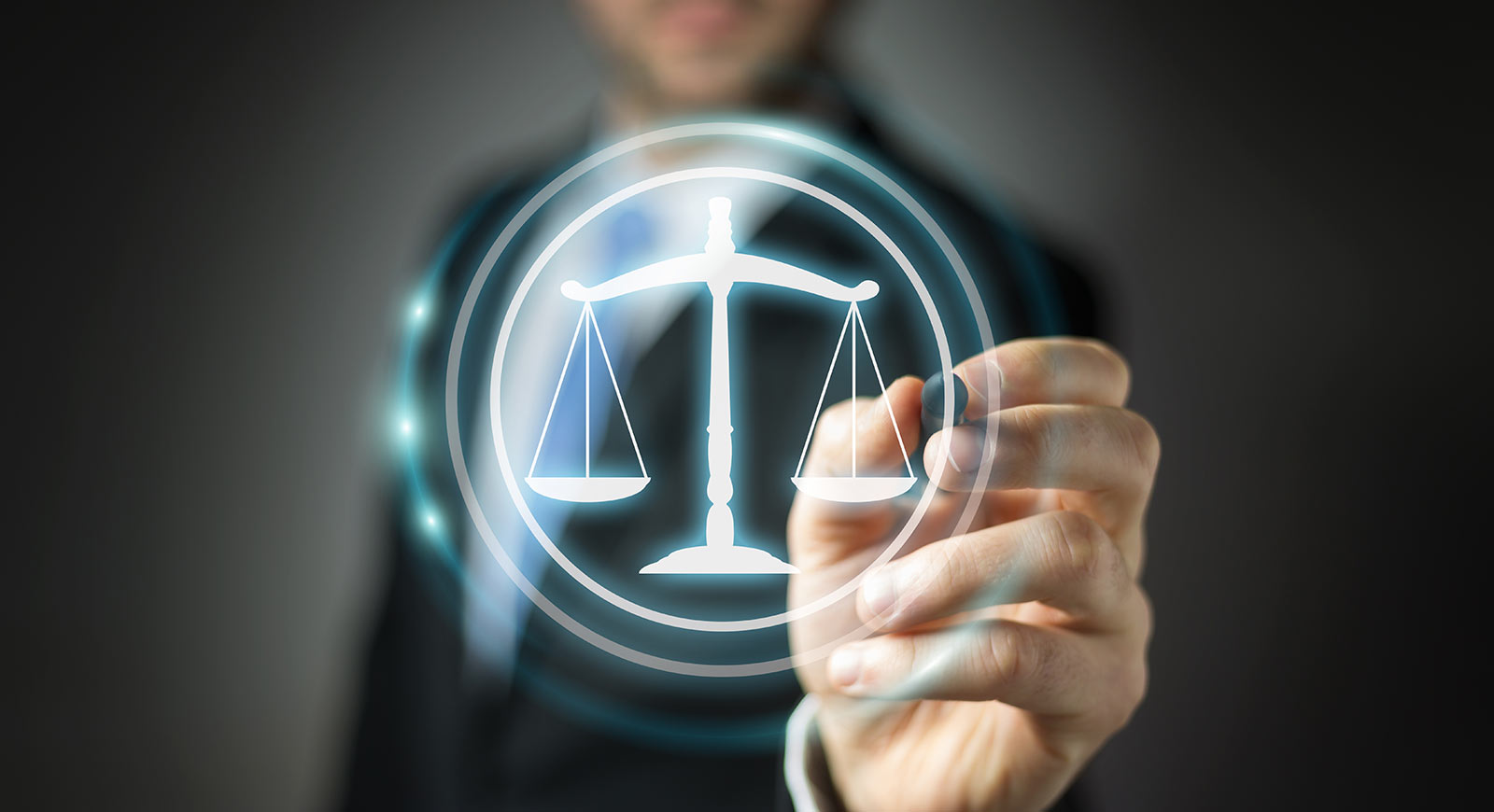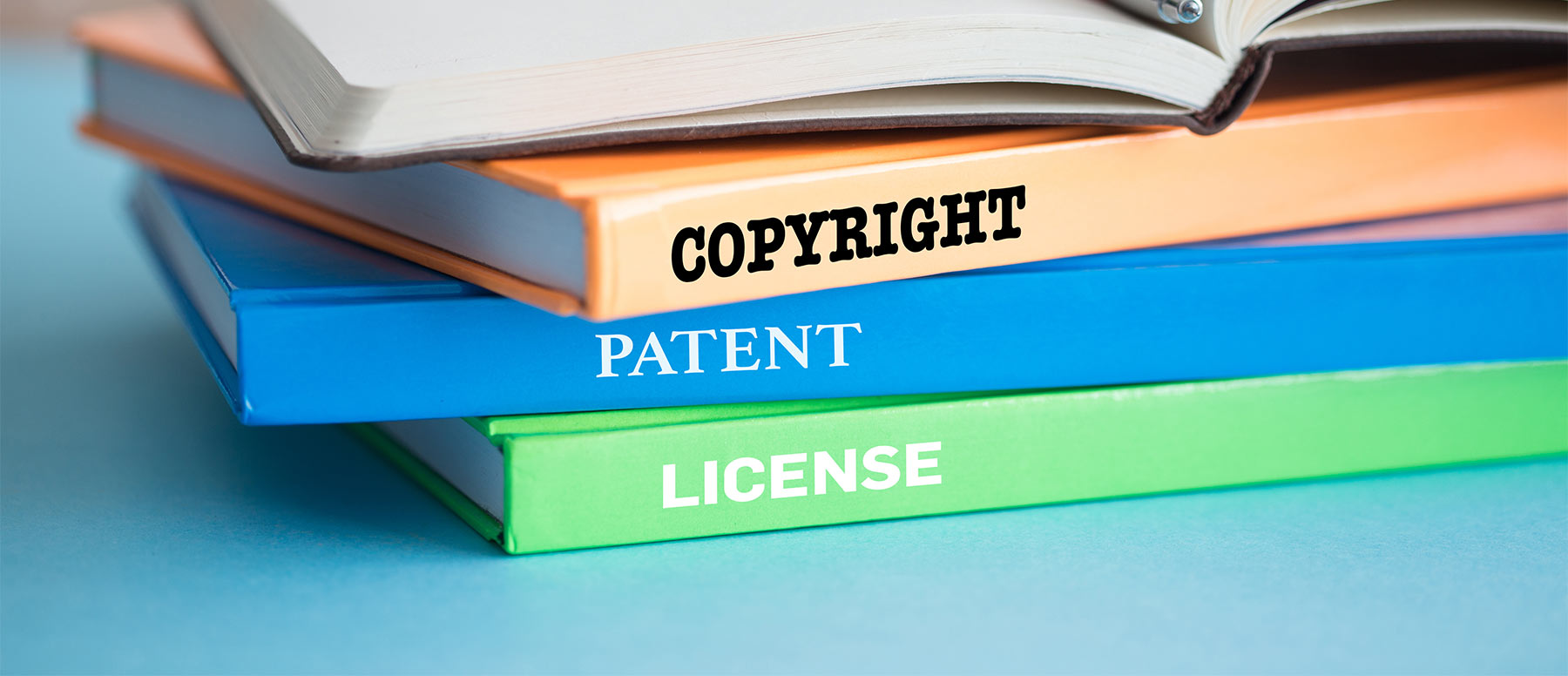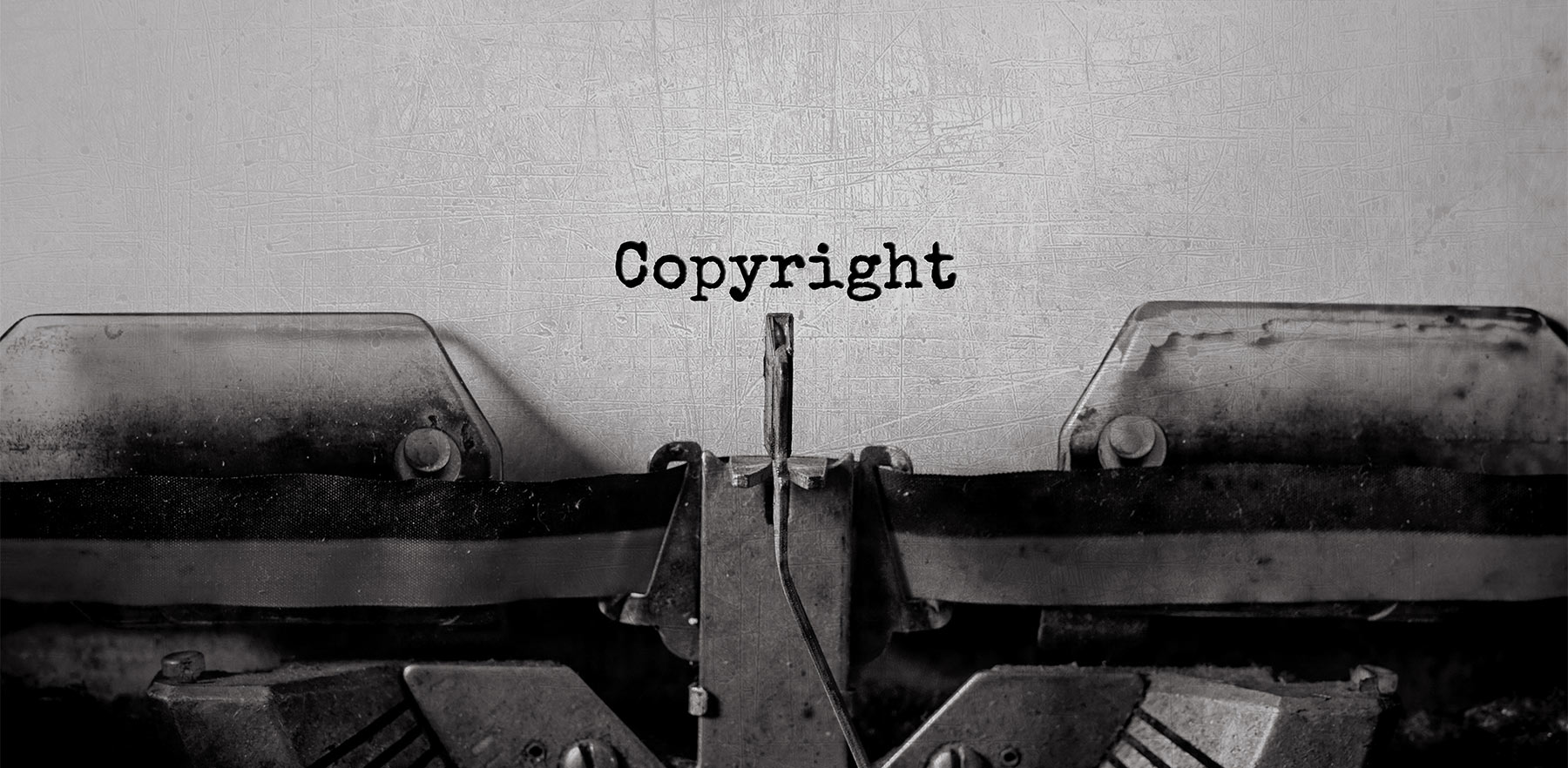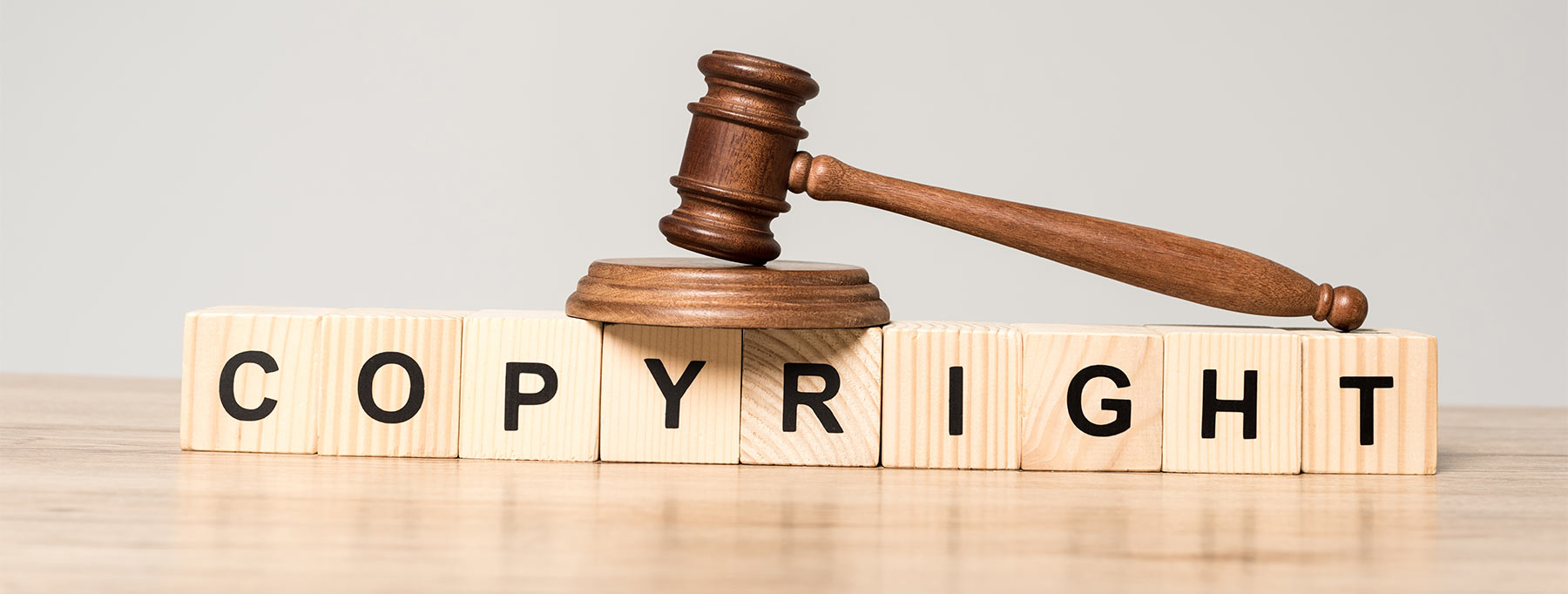Simplifying the Fair Use Doctrine, so Photographers Understand Their Rights
“Fair use.” As dedicated copyright lawyers who devote our practice to helping photographers enforce their rights, this is a phrase we often hear, usually from defendants trying to avoid paying compensation to our clients. Fair use is a commonly used defense to copyright infringement claims, but it is one that can be confusing.
Here, we will try to simplify some of the basics of fair use and how it might affect your rights.
What is the Fair Use Doctrine?
Under the fair use doctrine, there are circumstances under which someone can use copyrighted work without permission, without gaining a license, and without paying for it. Generally, whether something falls under fair use is the decision of a judge and is determined on a case by case basis.
When someone claims that their use of copyrighted work falls under this doctrine, judges consider the following when making their decision:
- purpose and/or character of the use
- nature of the work that is copyrighted
- amount and substantiality of the piece of work being used
- effect of the use upon the potential market
Fair use usually applies to work that is used for things like educational purposes, personal use, or research. One objective of the fair use doctrine is to give limited use of copyrighted work if and when it provides some benefit to the public.
Why Photographers Need to Understand Fair Use
What does it mean if you are a photographer, and someone uses one of your copyrighted photos without permission? It means that you (your copyright lawyers) have to demonstrate that the situation is not excusable under the fair use doctrine.
Is it being used to educate or help the public? Does the use deprive you of income or decrease the value of your work? Did the person using your photograph transform it in any way? Are they using all or part of the picture? These are all things to consider when determining if someone is violating your rights or is excepted under fair use.
What Does the Digitization of Photographs Mean for the Fair Use Doctrine?
In a post on canto.com, Casey Schmidt talks about how the digital era has affected fair use. “In the past, a photograph, painting, or drawing was singular, and there was a way to tell the original from a copy.”
Photographs are no longer a singular object. They can be duplicated with almost no effort once they are digitized.
In the context of fair use, Schmidt says the following:
“When considering the new landscape of fair use, think of the difference between copying a physical painting versus copying an image on a computer. Certainly, the level of effort and detail when copying a physical painting is immense. Copying an image digitally, no matter how complex, is done with the click of a mouse.”
Fair use still applies to digitized images. But, since the court considers how much effort the user puts forth to transform the work, images can be reproduced and altered so easily that it may make it harder to use the fair use defense.
Call Our Copyright Infringement Lawyers Today to Protect Your Rights
Contact our experienced copyright lawyers today for a free evaluation of your copyright claim. At Sanders Law Group, we are dedicated to protecting photographers from copyright infringement, including fair use claims.
Call our experienced copyright lawyers at (800) 979-3707 today.


